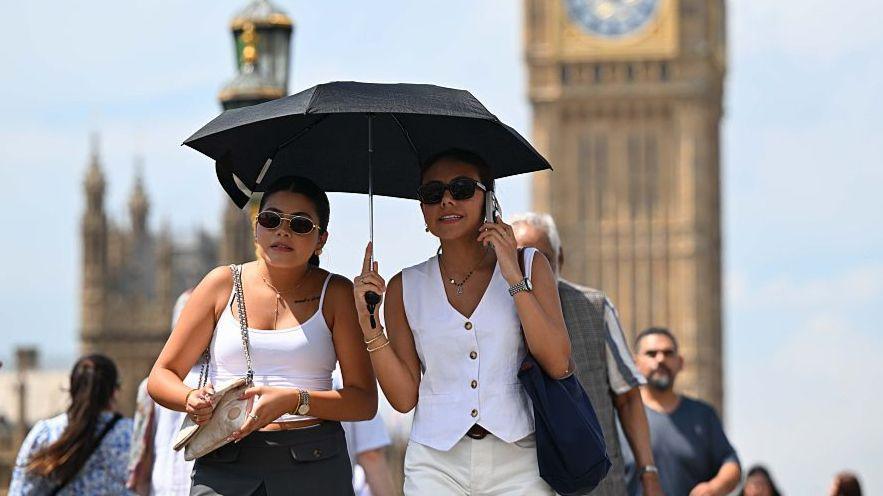Britain's migratory birds arriving 'too soon'
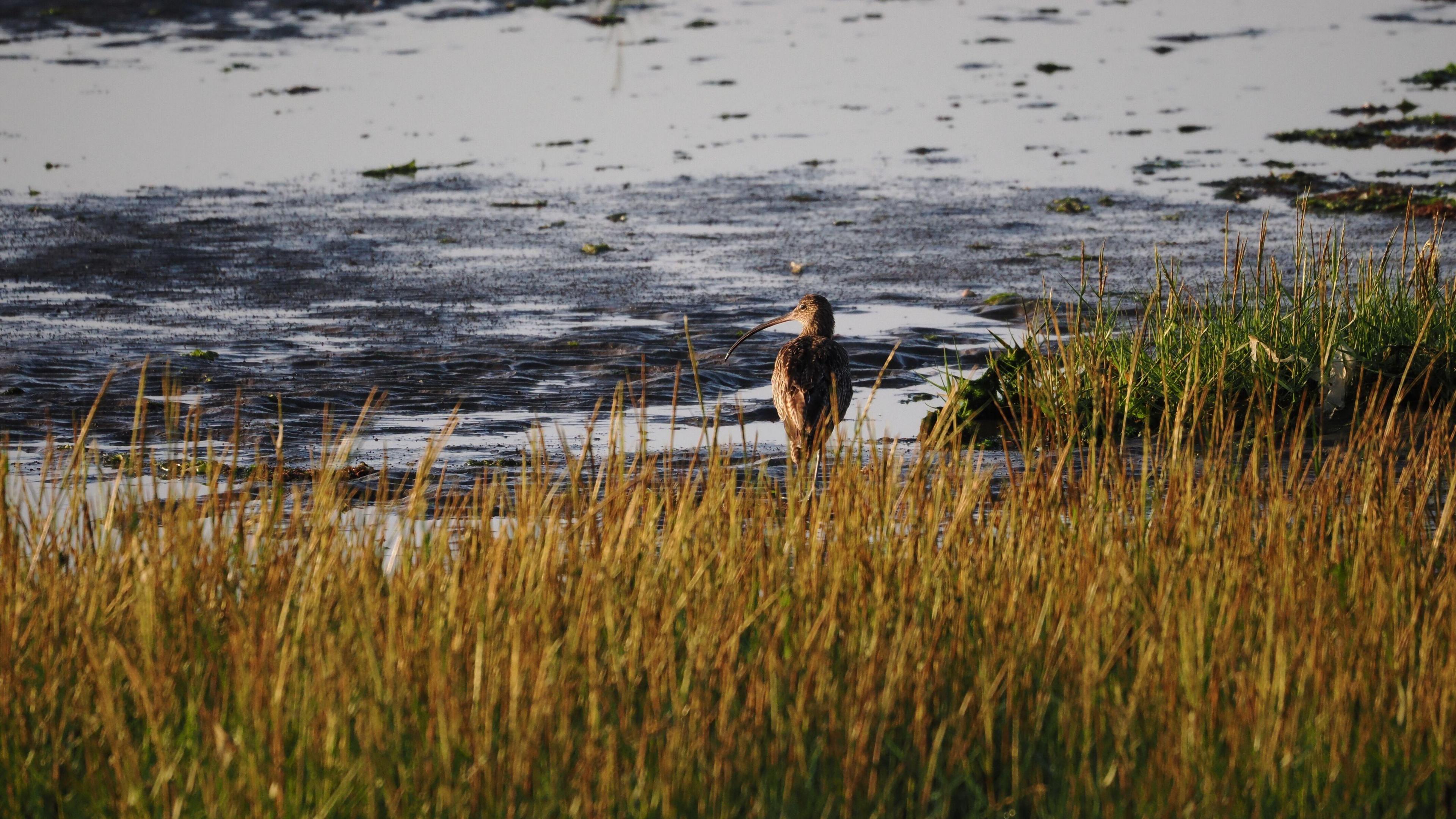
Climate change and a 'bumper year' for some has brought birds in early
- Published
Experts say the unusually hot summer means migratory birds are arriving in Britain weeks too soon.
The arrival of the birds, which travel thousands of miles to reach winter breeding grounds, is sparking concern they will be disturbed by holidaymakers who are occupying their usual beaches and resting sites.
Nina Jones, protected area warden at Kent Wildlife Trust, said: "It's a really tricky time, one of our busiest times."
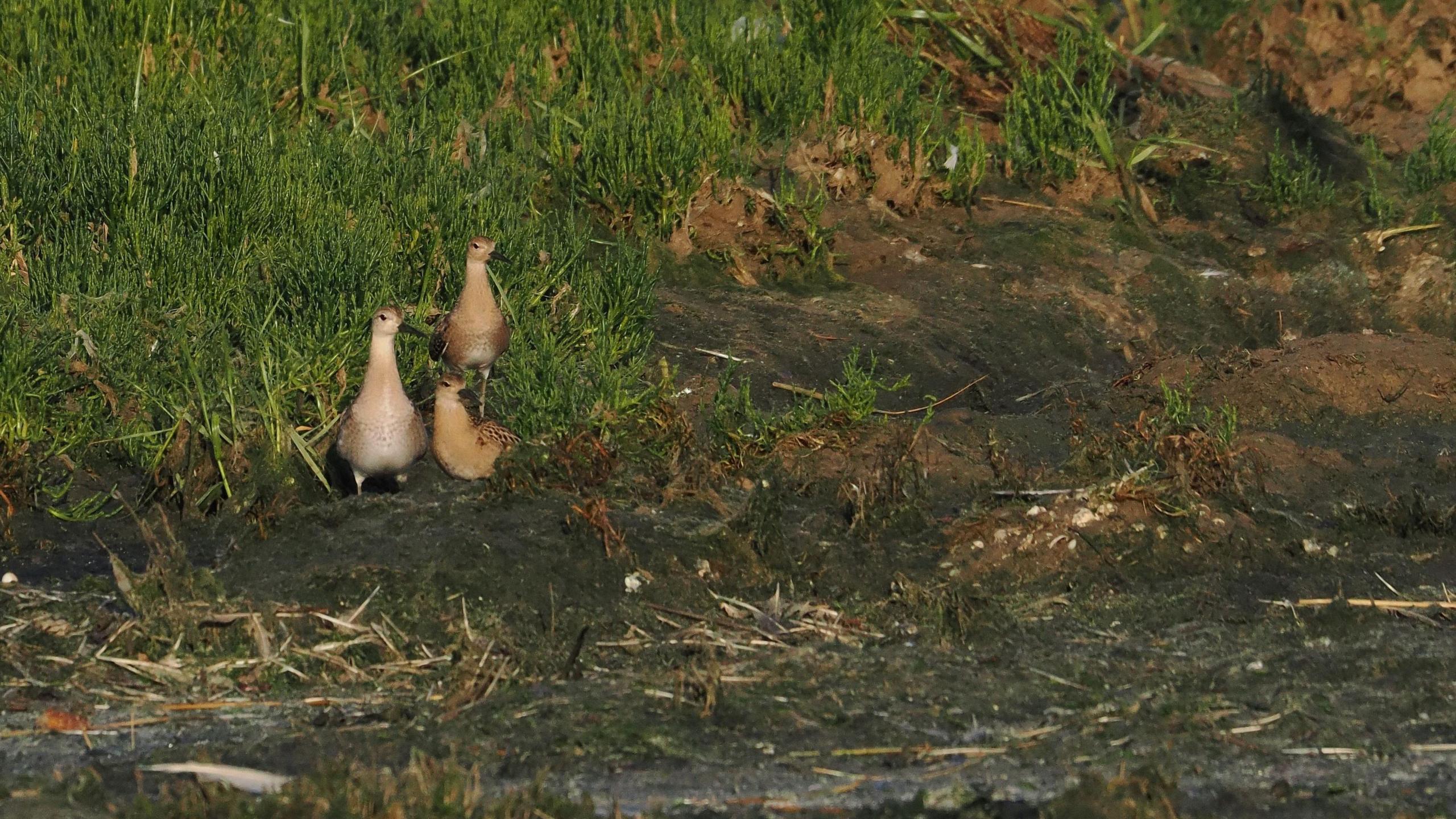
Waders, like this family of knot, migrate from their breeding grounds in the Arctic
She added: "We've got tens of thousands of visitors at Pegwell Bay, a Site of Special Scientific Interest, with the birds needing more time to settle into the area and the seals pupping right in the middle of the summer holidays."
The harbour seals at Pegwell Bay haul up onto estuary beaches and give birth early in summer, but this year they started pupping right as the holidays began, sparking concern they would be disturbed by jet skis and kayakers.
Migratory birds are studied on the Kent coast as they travel to Europe and back - and the experts at the Sandwich Bay Bird Observatory Trust said they had seen a marked difference this year.
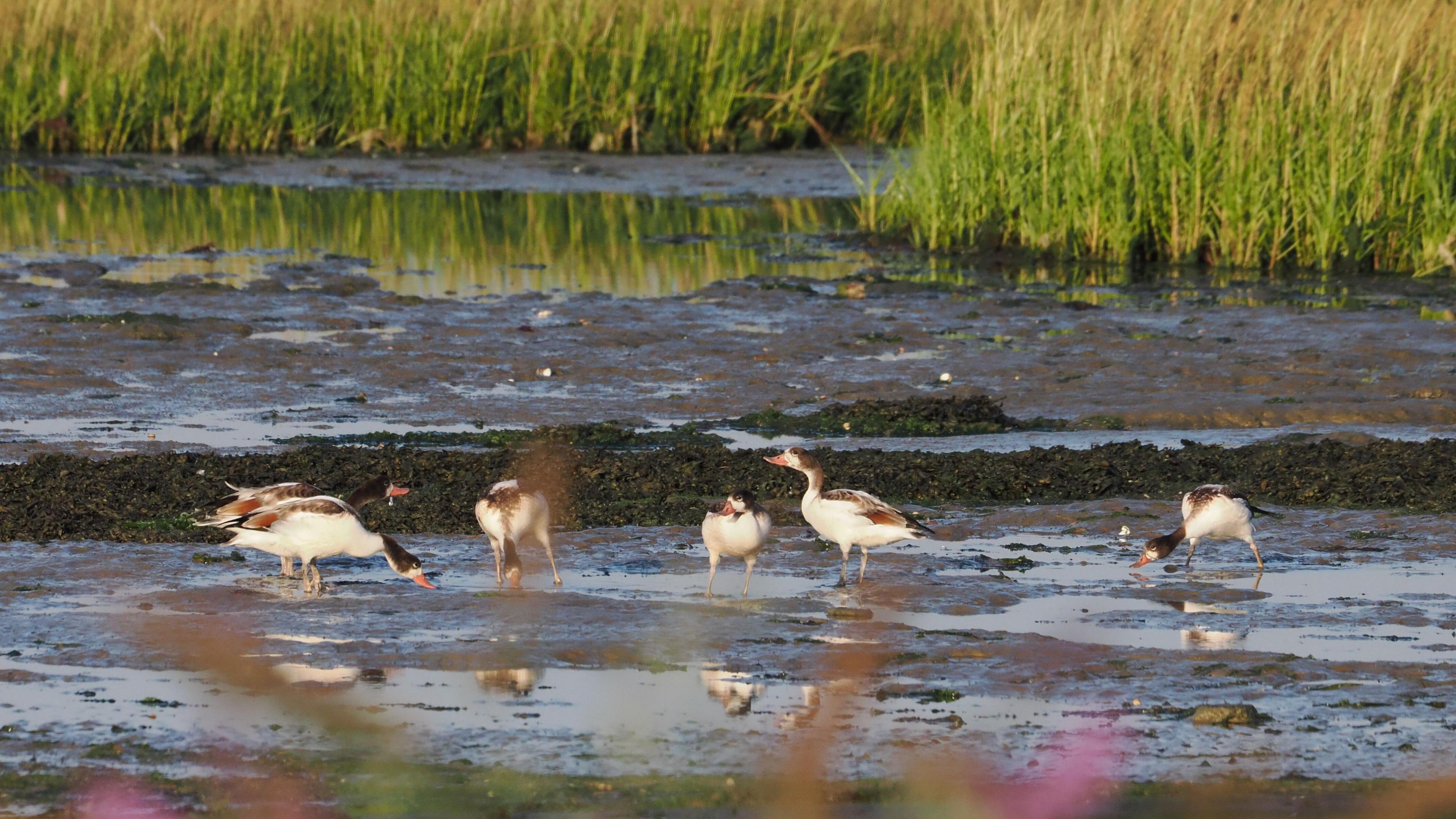
Many birds, like these immature shelducks, cross the North Sea to reach England
Jonathan Bull, assistant warden at the Sandwich Bay Bird Observatory Trust, said: "It's just the heat.
"It accelerates things, so the berries have come out really early and the crossbills have done really well on their breeding grounds so we're likely to have a record year for them this year.
"Then for some species, like the swifts, the migration window has got smaller, so our swift passage has already come and gone."
Climate change is affecting the timings of biological events including spring and autumn, according to the Met Office, external, although the level of change varies year-to-year.
The Met Office says this summer is on track to be one of the warmest since records began in 1884.
Conservationists in Kent are asking people to be even more mindful than usual of keeping dogs on leads.
They also advise those doing water sports to avoid going near birds or animals in kayaks or on jetskis and that everyone should be aware that they may be sharing their summer holiday beaches with wildlife.
Follow BBC Kent on Facebook, external, on X, external, and on Instagram, external. Send your story ideas to southeasttoday@bbc.co.uk, external or WhatsApp us on 08081 002250.
- Published17 August
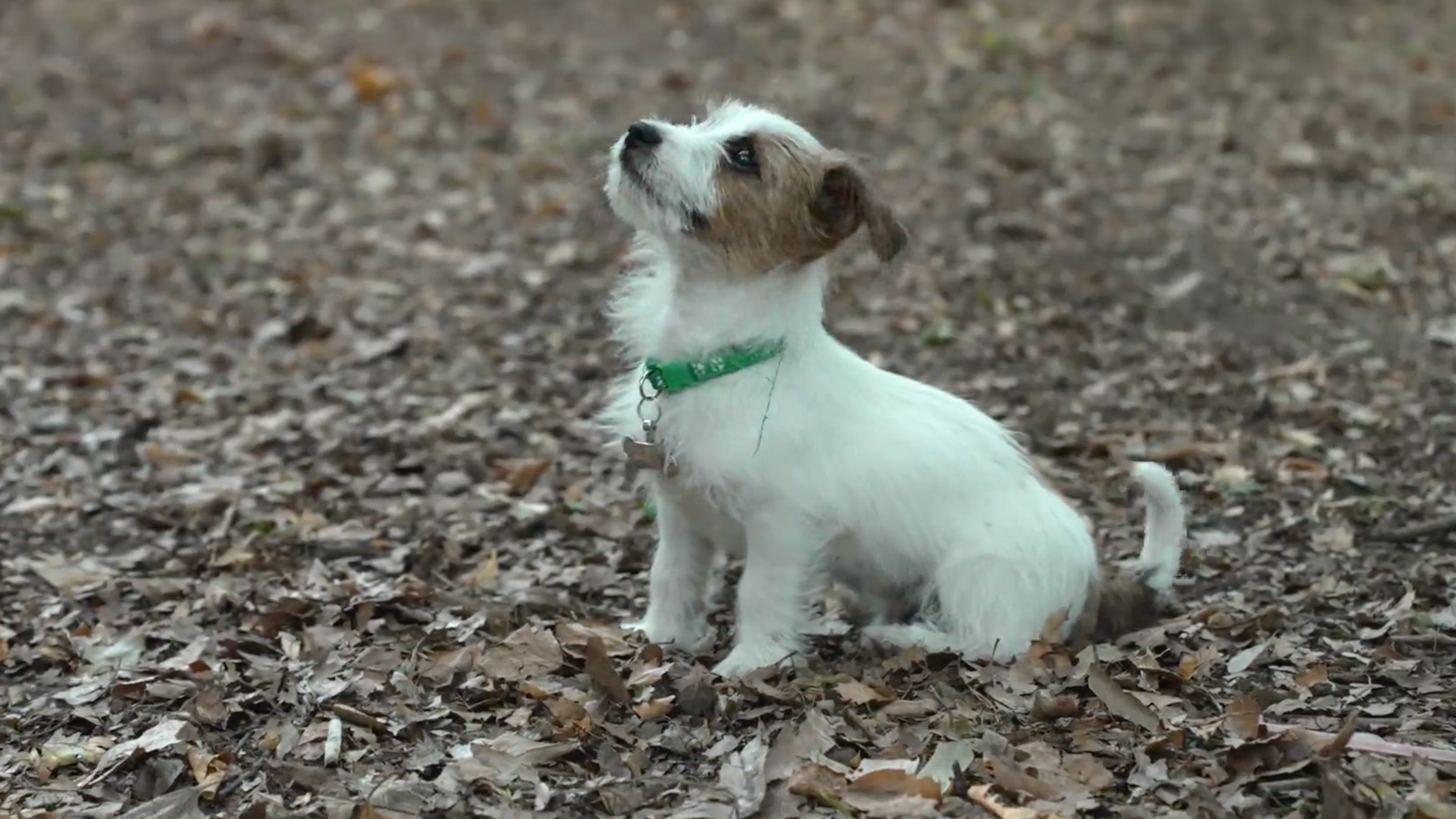
- Published26 July
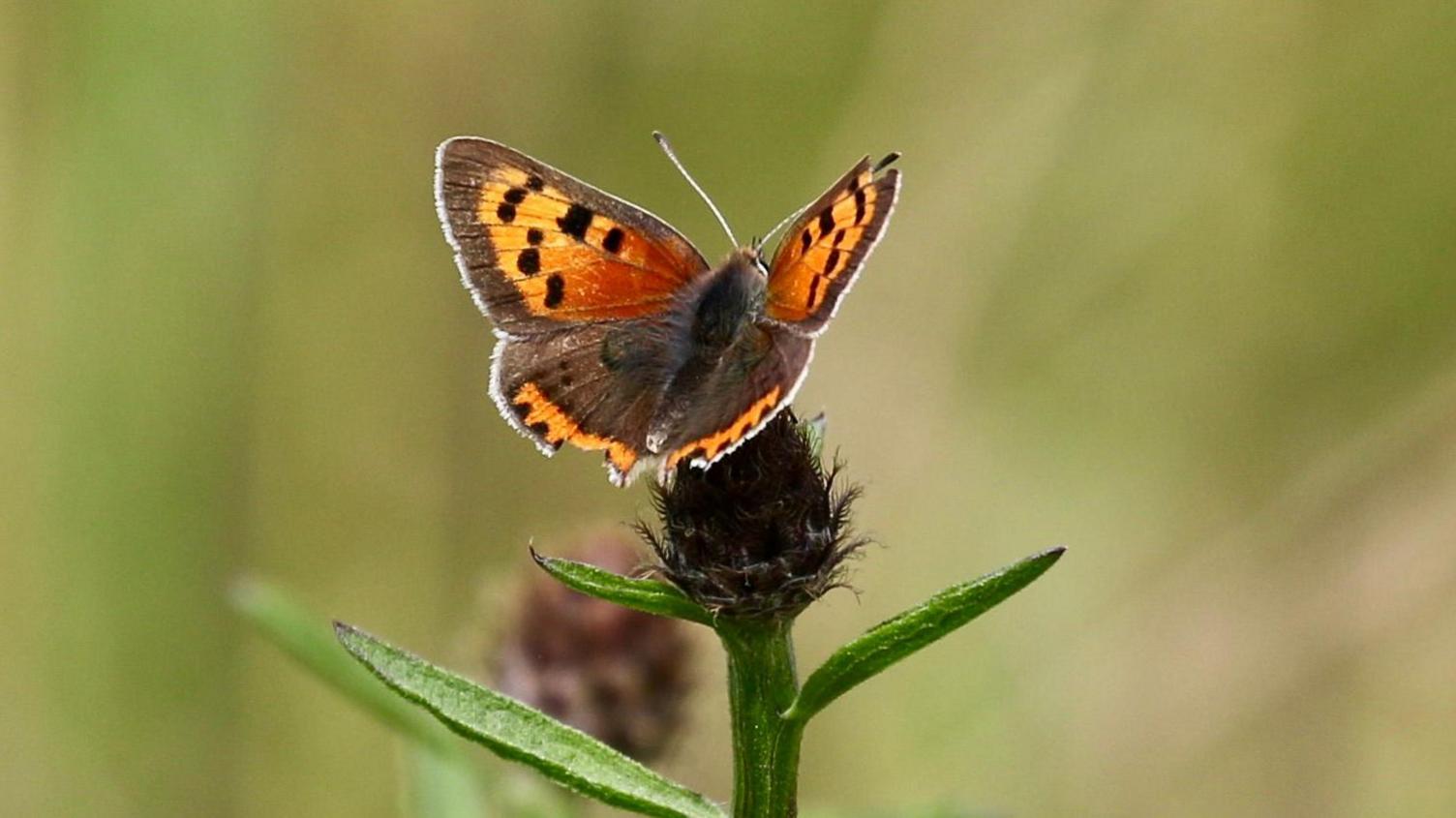
- Published12 August
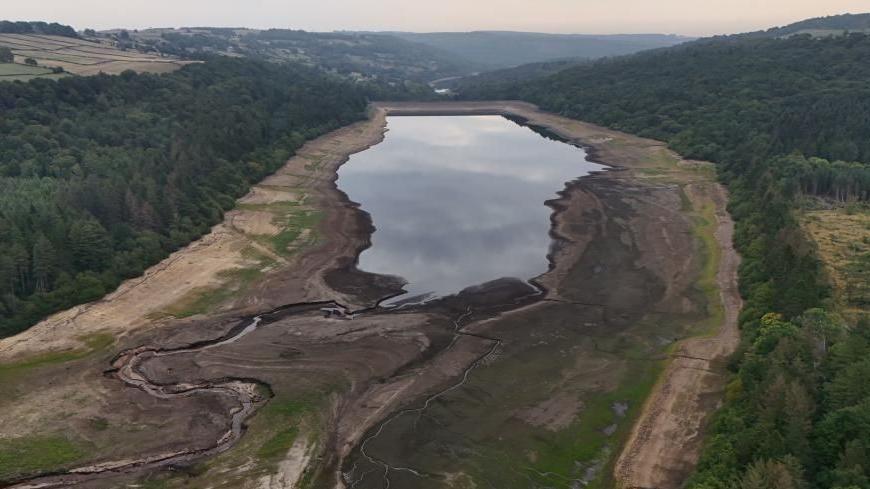
- Published14 July
